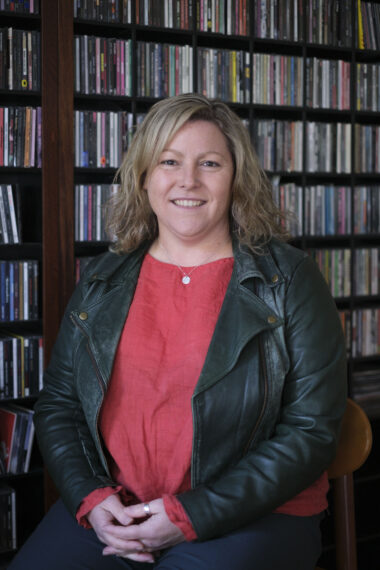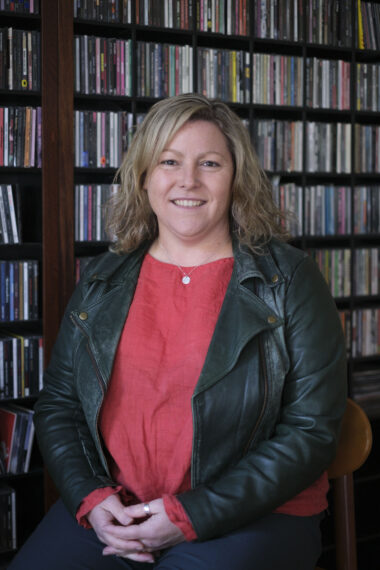Monash academics will be joined by international experts for a panel discussion examining how violence against women is reported on by journalists in the Global North and Global South. The panel on Tuesday, 12 December in Melbourne will focus on the media’s role in addressing violence against women, with a particular focus on reporting during the #MeToo and COVID-19 eras.
Violence against women is a global crisis, but more acutely felt in the Global South. Despite this, women located in the Global South have been largely ignored in mainstream media’s reporting of this issue.
The Global South includes countries with asset oriented economies where historical legacies led to challenges such as unstable democracies, huge population growth, low per-capita income, and excessive unemployment. It includes Southeast and Central Asia, parts of the Pacific region and the Middle East, Africa, Latin America and the Caribbean.
Dr Andrea Baker said the #MeToo era shifted media coverage of violence against women in the Global North beyond an ‘out of the blue’ event perpetrated by men to a widespread societal issue. However, media coverage largely focused on sexual harassment through a narrow lens of white, middle- to upper-income, cis-gendered feminist voices.
“Inequities around class, gender, race, sexuality, disability and mental health issues are a leading factor for violence against women. These inequities are more acutely felt by women in the Global South, yet violence against women in this region receives minimal media coverage,” Dr Baker said.
“Journalists face structural and systematic challenges reporting on violence against women in this vulnerable region. However, despite politically constrained media environments we have seen examples of social media movements developing in the Global South, giving women a voice and offering survivors a platform to express their concerns.”
Professor Celeste Gonzalez Bustamante from the University of Texas at Austin, who’s research includes analysis of feminist protests said news coverage of feminist protests has changed in mainstream Mexican media, since the revitalisation of the #MeToo movement.
“Media coverage disparages protesters and hinders their role as political actors. Media coverage in Mexico has deviated from the typical protest paradigm when covering International Women’s Day demonstrations, drifting towards a more assertive feminist tone,” Professor Gonzalez Bustamante said.
Professor Jeannine Relly from the University of Arizona examined the legacy and social media reporting of violence against women in Libya, Syria and Yemen.
“Women pressed for equal women's rights during the Arab Spring, but inequality and conflict remains a part of daily life. Low internet access, conflict and limited public feminist activity hinders addressing the prevalence of violence against women in this region,” Professor Relly said.
While the Global South has different media systems and distinct, localised challenges in comparison to the Global North, the panel will advocate for bringing together different perspectives in journalism to promote more gender-sensitive and solutions-driven reporting about violence against women.
Cara Gleeson, the Director of Prevention in Action and the Our Watch Institute, will introduce the panel. The discussion will be chaired by Professor Jacqui True, Director of the Monash Centre for Excellence for the Elimination of Violence against Women.
Panellists include Monash University’s Dr Andrea Baker, Professor Celeste Gonzalez Bustamante from the University of Texas, Professor Jeannine Relly from the University of Arizona, Dr Nasya Bahfen from La Trobe University and Professor Usha Manchanda Rodrigues from the Manipal Academy of Higher Education, India.
The free panel event will take place on Tuesday 12 December from 7pm to 9pm at Queen Victoria Women’s Centre, 210 Lonsdale Street Melbourne. To read more about the event and secure your place, register here.
- ENDS -
Media Enquiries
Kim Loudon
Media and Communications Manager (Arts)
Monash University
T: +61 452 161 986


